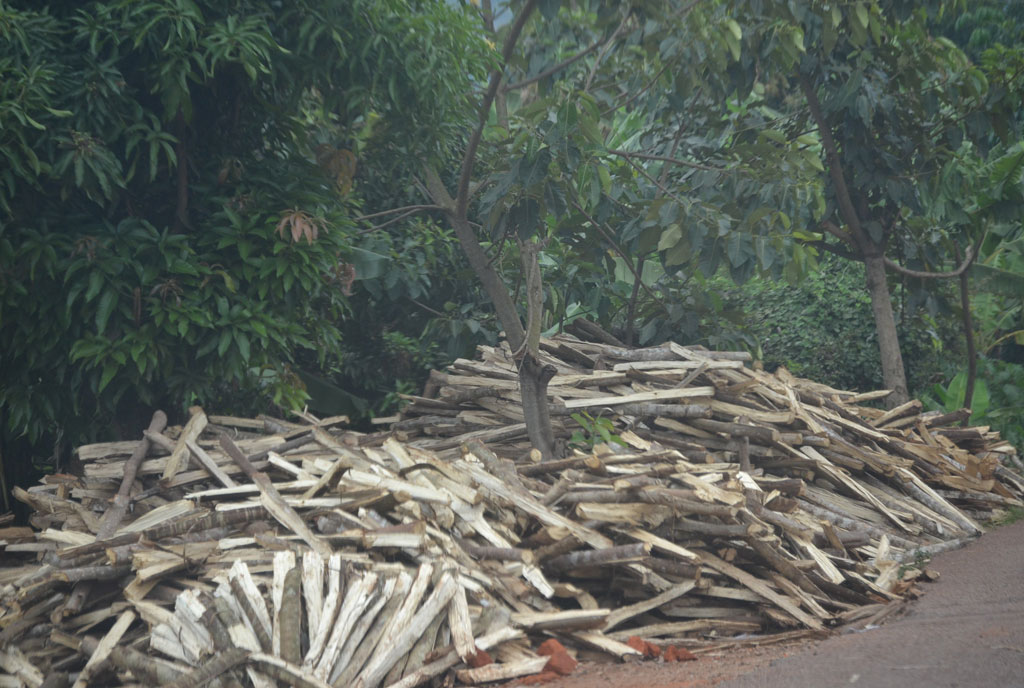End Makerere strike cycle now

Uganda’s public university lecturers and other staff have laid down their tools barely a month after another lengthy work stoppage at the universities. What are the demands of the staff in public universities?
The issues at stake relate to an agreement which covers their salaries, some of the universities’ council members, staff representation and benefits meant to have been negotiated, and replacing the expired agreements, among others.
This new Collective Bargaining Agreement should be between the University Union and the University Councils’, which negotiates on behalf of the government of Uganda.
The current highest salaries for various academic ranks may range from about $ 2,507 for a professor to $1,211 for an assistant lecturer.
The University Staff Union should make its offer for the contract period and the University Councils should table its own offer for another contract. The negotiations should be finalised before students report for the next semester.
In view of the continued failure by the government to meet its end of the bargain, staff and lecturers have rightly concluded that the State has failed to negotiate in good faith. To what extent do these demands address the most pressing challenges facing public universities?
Staff wages are a huge challenge facing public universities. But they are not the only one.
University worker salaries unlike those of other public sector workers such as judges and legislators, have not kept pace with inflation or remuneration. This leads to brain-drain from Uganda’s public higher institutions of learning.
Academic and non-academic staff departure from critical disciplines is a persistent problem in Uganda and this must be addressed. For instance, between 2010 and 2012, Makerere University departures were 41 per cent in Law, 28 per cent in Information Sciences, and 44 per cent in Business and Economics.
The financial crisis and endless strikes in universities have been exacerbated by the National Council for Higher Education requiring that universities only admit students with a minimum C+ grade.
This means those with a lower score will not be admitted to Makerere University in the self-sponsored programmes that universities used to admit part-time students paying market rate tuition fees.
These programmes have been a veritable cash cow for universities. Their elimination makes a serious dent in the universities’ bottom line. Low enrolment is a serious challenge to the sustainability of universities.
Equally problematic is the overall decline in quality. This is evident in the declining resources for teaching and infrastructure, poor governance and outdated approaches to teaching, curricula and assessment. All these have left universities unable to maintain high quality teaching and learning in Uganda and Africa as a whole.
A major impact is the disruption of learning. For maximum effect, faculty strikes occur when students are learning. In the current strike at Makerere University, students have lost more than half a semester of instruction.
This means students will take longer to complete academic programmes, it will be more expensive for them as well as their respective institutions.
Ambrose Byamugisha Muhoozi,
Victoria University, Kampala




